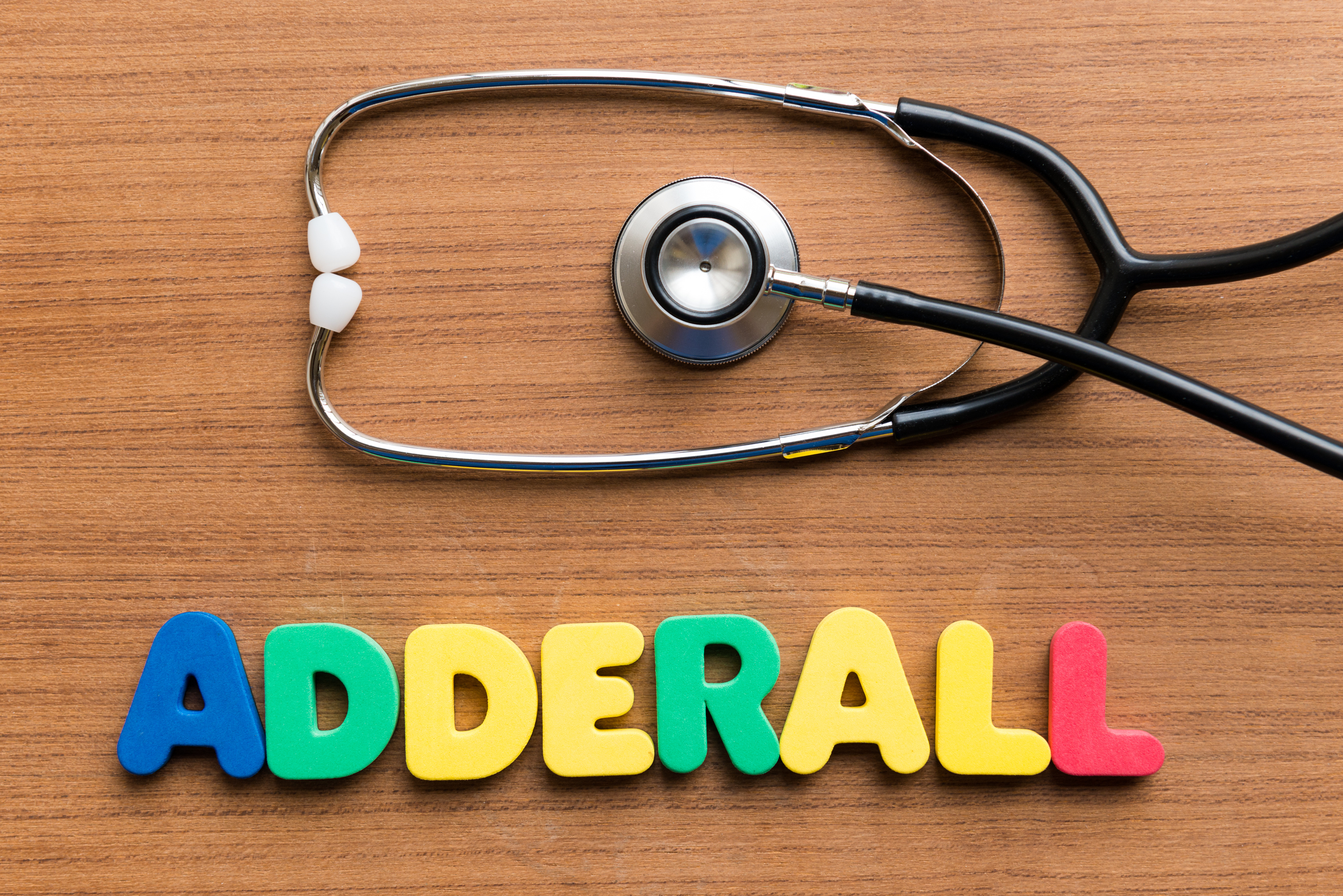Your body aches. Your stomach churns. You can’t sleep and the slightest noise makes you want to jump out of your skin.
Worse, your thoughts are confused. And dark. Very dark. You don’t know if you’ve ever been so down before.
No, you’re not trying to kick cocaine, heroin, or booze. You’re just trying to endure until you can refill your Adderall prescription.
The pharmacist claims there’s a CVS Adderall shortage and she doesn’t know when you will be able to get your much-needed medication again. Yet, friends and family tell you they’ve had no trouble refilling their scripts at the neighboring big chains and local independent mom and pops.
So what’s the deal?
CVS, Adderall, and Big Pharma
No question about it: Pharmaceuticals are big business. In 2019 alone, the US’s largest pharmaceutical manufacturer, Pfizer, is projected to earn nearly $48 billion in revenue worldwide.
And when it comes to Big Pharma’s top revenue producers, you can’t get much bigger than the opioids and the amphetamines. These are drugs where the repeat business is plentiful. When you deny a patient access, he’ll go just about anywhere, do just about anything, to get what he needs.
Admittedly, opioids are no longer being doled out like candy due to increasing government regulation, the so-called “War on Opioids.“
However, prescriptions for amphetamine-based drugs, including not only Adderall but other household name brands, like Ritalin, continue to skyrocket.
In 2012, an estimated 16 million Adderall prescriptions were written in the United States, three times the number prescribed in 2008, leading many experts to call amphetamines the next opioid crisis.
An Endless Supply?
Given the enormous demand for drugs like Adderall, it would seem that they would be in abundant and steady supply.
Not so, it turns out.
In fact, drug shortages have plagued the US pharmaceutical industry for decades, finally prompting the FDA to implement measures to prevent drug shortages after a record 250 shortages were reported in 2011.
Improvements in the supply chain brought about by the new government regulations were short-lived, however, and by 2018 drug shortages were again on the rise.
To be sure, some hiccups in the product flow are to be expected, the natural and unavoidable consequence of manufacturing on such a massive scale. Equipment does break. Acts of God do occur.
Case in point: the massive hurricanes of 2017, which not only ravaged Puerto Rico but also destroyed or extensively damaged the numerous pharmaceutical manufacturing facilities located there.
But is that the whole story?
Big Money in Backorders
In fact, the drug shortages that are so dangerous to the lives and well-being of patients can mean a jackpot for pharmaceutical companies.
Despite efforts by the FDA and other regulators to quash the behavior, data suggests that it’s not at all uncommon for drug manufacturers to jack up prices when an existing, or even a potential, shortage occurs. This is especially true for high-demand, frequently addictive substances like Adderall.
The ability to boost prices when supplies run low may not be the only benefit of drug shortages for Big Pharma. Supply shortfalls also provide an ideal opportunity for manufacturers to introduce and force the transition to, newer and more lucrative drugs.
Take, for example, the Adderall XR shortage of 2011. With the patent set to expire on Adderall in 2009 and a host of cheaper generic alternatives poised to deluge the market, Shire, the then patent-holder for Adderall, developed a new and vastly more expensive drug, Vyvanse.
Touted as a safer and more effective therapy than Adderall or the purportedly non-addictive, Adderall XL, the introduction of Vyvanse conveniently coincided with a shortage of Adderall and Adderall XL.
And when the patent expired, the coincidences continued, as alleged manufacturing problems led to short supplies in the new generic alternatives.
Though Vyvanse did not prove to be any less addictive or more effective than Adderall, as Shire had originally claimed, patients were left with few alternatives. Shortages of both Adderall and its generics spread across the nation.
While such extreme examples of supply chain manipulation may be rare, Big Pharma’s willful and strategic intervention in the US drug supply is not.
The Many Controlled by the Few
The reality is that a pharmaceutical industry generating hundreds of billions of dollars in annual revenues worldwide is actually driven by only a handful of companies.
These half a dozen or so large pharmaceutical manufacturers play an immense role in determining what drugs are manufactured, when, and in what quantities. Such decisions have an enormous ripple effect. They shape drug availability across the US.
For example, government regulations limiting the maximum costs of generic drugs provide little incentive for pharmaceutical companies to invest in the technologies and manpower required to produce these low-profit medications.
When one or two of these elite few manufacturers decides to end or scale back on its production of generics, shortages surge. Thus, it becomes a choice between the name brand or nothing at all.
A Reliable Alternative
As dire as the situation may seem, of course, there is always hope. Thanks to the enormous reach of the internet, many Americans are going online to search for safe and affordable prescriptions.
Legitimate Canadian online pharmacies can provide very high-quality drugs, often at a fraction of the cost. Better still, the Canadian drug supply is not fraught with drug shortages or vulnerable to the manipulations of the American system, as with the CVS Adderall backorder.
But this doesn’t mean that the Canadian marketplace should become some sort of drug free-for-all. There is an old saying that every cure brings with it a little bit of poison.
The Takeaway
We know all too well the ravages of addiction in this country, and the many lives it has taken far too soon. Drug dependence is an epidemic not only in the US but around the world. Its effects may be felt in our communities, our workplaces, and even our own homes.
If your prescription drug use has toppled over into addiction, seek help. There is an abundance of it available, from outpatient counseling to inpatient care.
So no matter what the role of Big Pharma, you don’t have to live at the mercy of the next CVS Adderall shortage. You don’t have to claw your way from one refill to the next.
These medications are the cash cows of the pharmaceutical industry because they feed a manufactured need. But you don’t have to play Big Pharma’s game.
With support and care, you can be in control of your life and your treatment. And then, when you take your next pill, when you order your next online refill, it is because your medication enhances your life, not because it has become your life.
Please visit our website to learn more about addiction, the celebrities who have fought it, and strategies you can use in your own battle against it.

